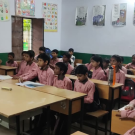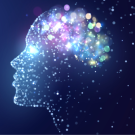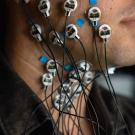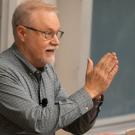News and Events
Exploring the Mind: Cognitive costs of everyday technology use: Attention, multitasking, and stress
Center for Mind and Brain, 267 Cousteau Pl., Davis, CA
Exploring the Mind: Cognitive tools for uncovering useful abstractions
Center for Mind and Brain, 267 Cousteau Pl., Davis, CA
Exploring the Mind: Content-independent neural signals are fundamental for storage in working memory
Center for Mind and Brain, 267 Cousteau Pl., Davis, CA














